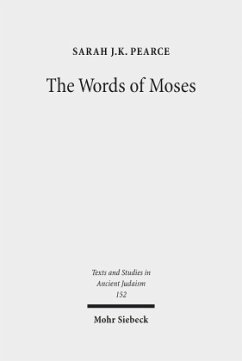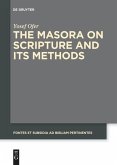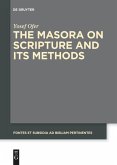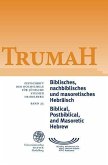Recent studies highlight the character of Deuteronomy's laws of public officials (Deut. 16.18-18.22) as the first draft for a constitutional government of the future. Sarah Pearce explores what these laws meant for Jewish interpreters and their communities in the Second Temple period. Her focus is on the reception and transformation of Deuteronomy's laws on the organisation of justice (Deut. 16.18-17.13): the appointment of local judiciaries; the authority and function of the central court; and the prohibition of single testimony. The author offers a detailed commentary on these laws in sources including the Masoretic Text, the Samaritan Pentateuch, Greek Deuteronomy, the Books of Chronicles, the Temple Scroll, the Damascus Document, Philo of Alexandria, and Josephus. Her aim is to understand the ancient interpreters of Deuteronomy, first and foremost, in their own terms and their own contexts.





